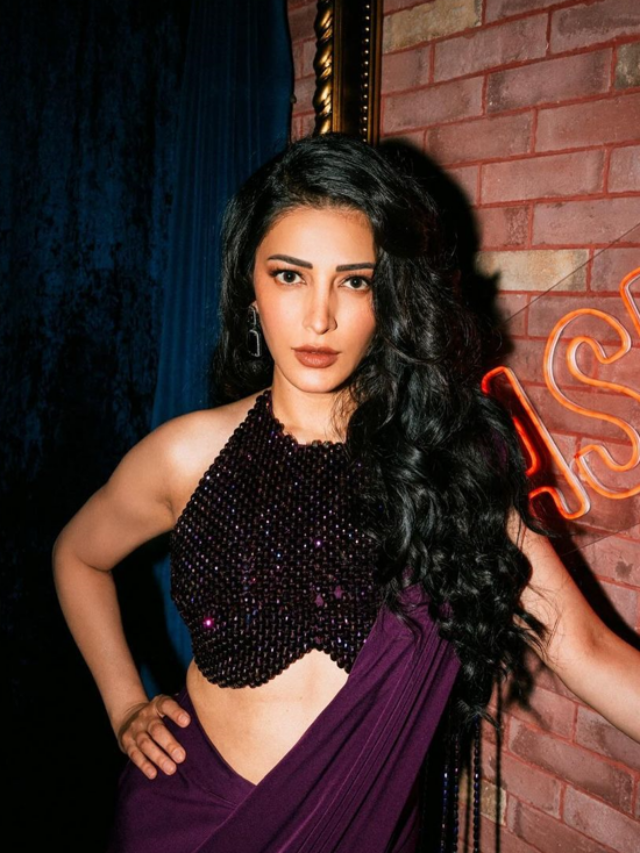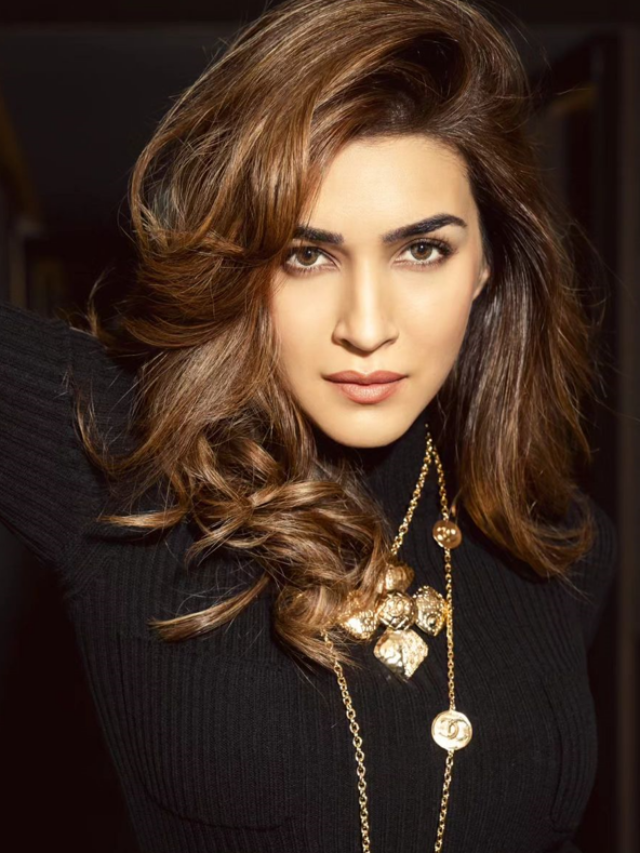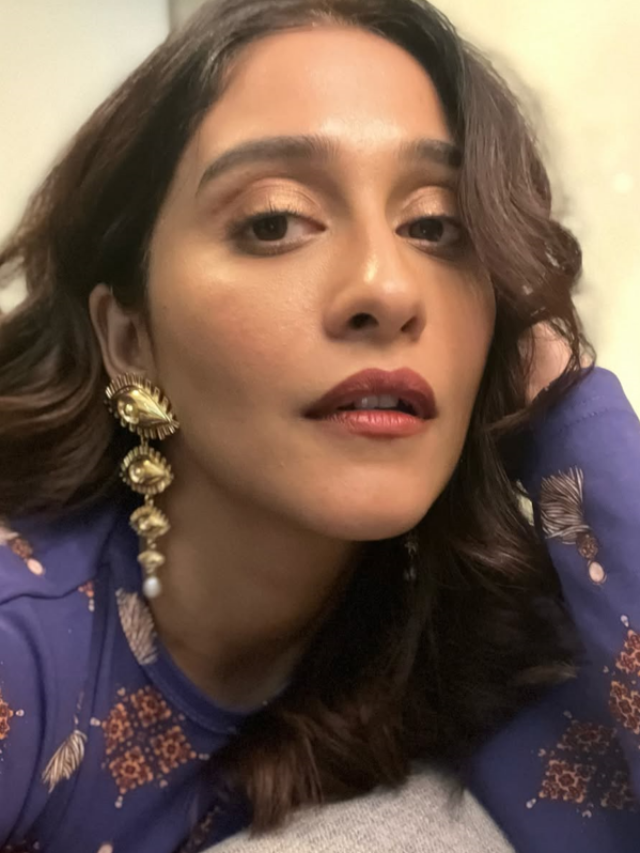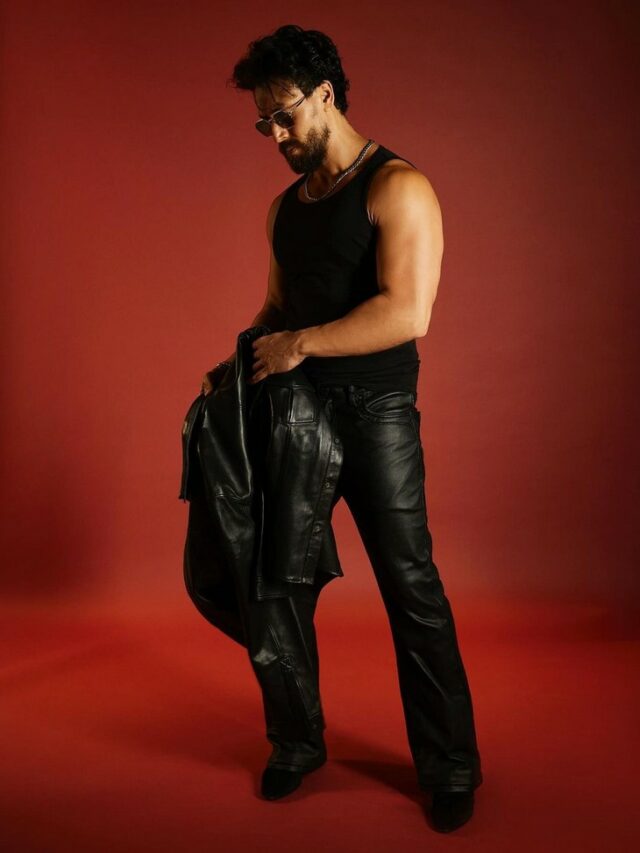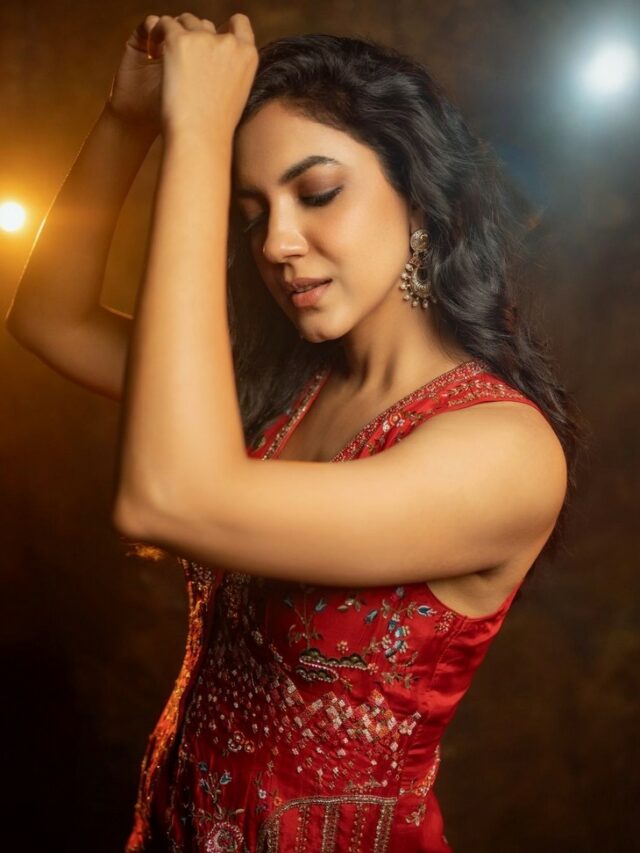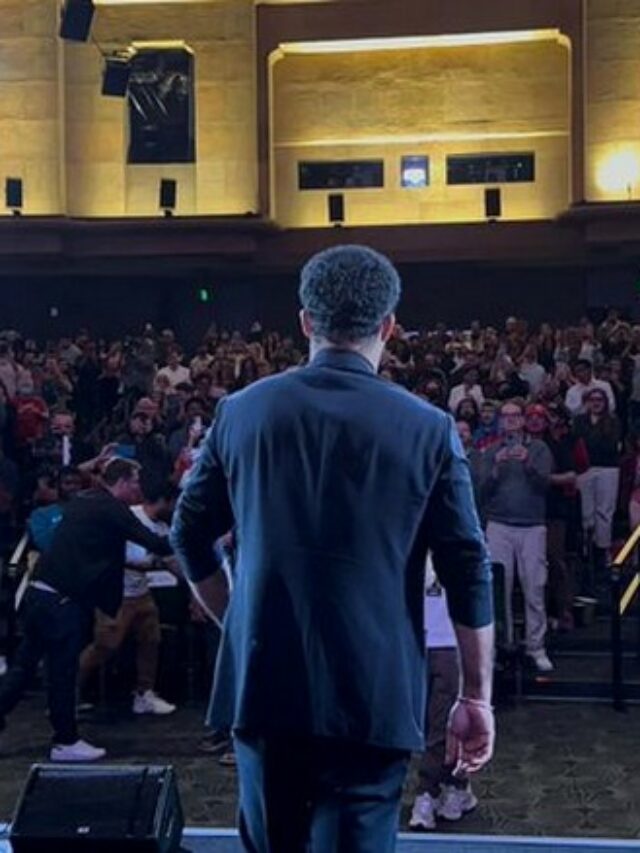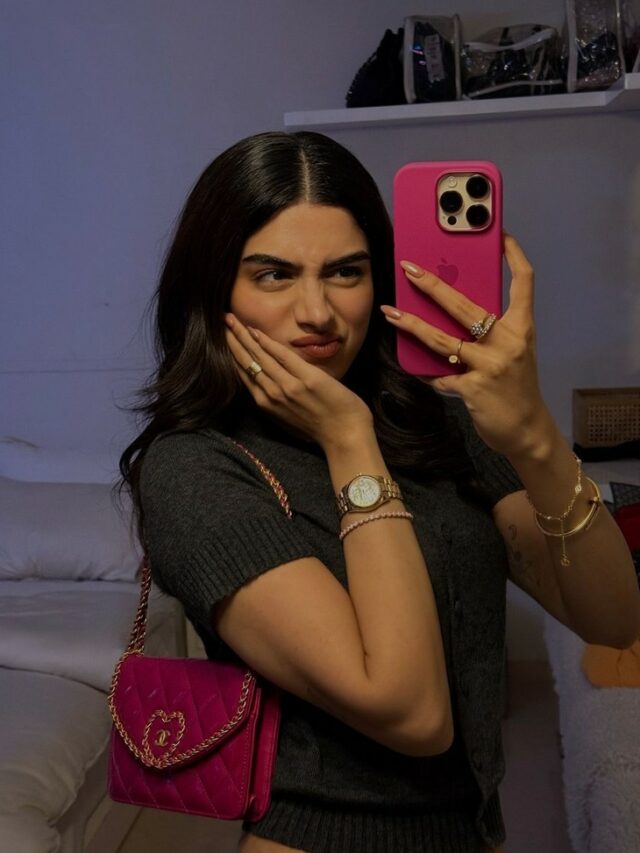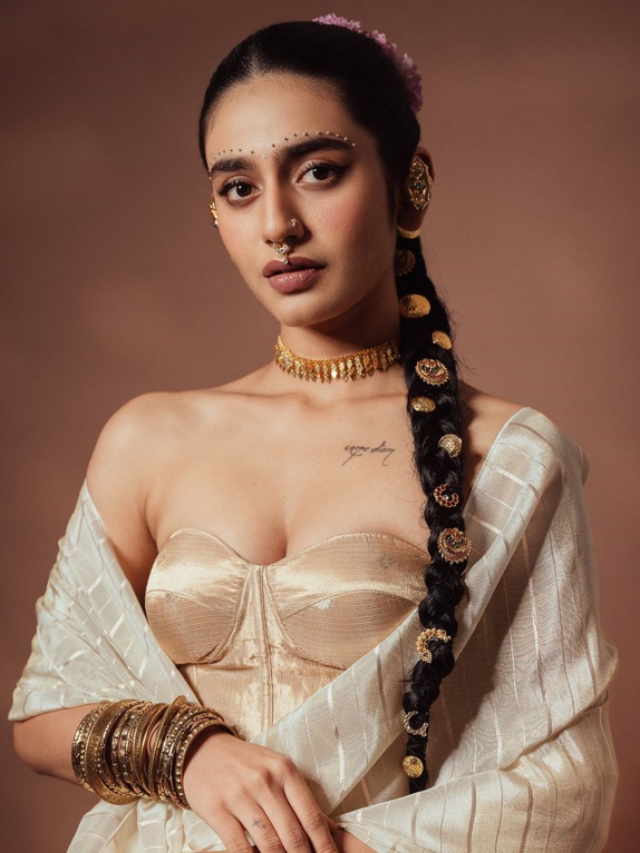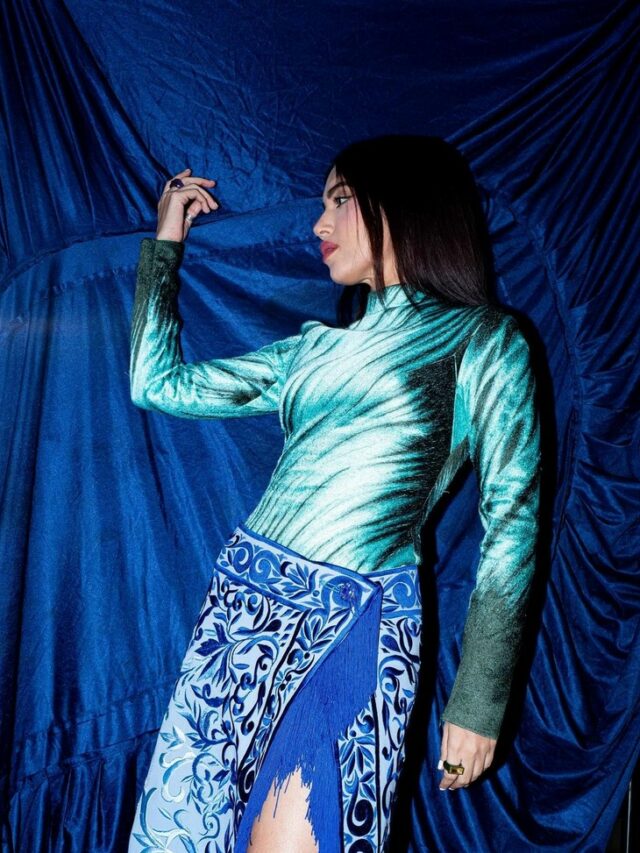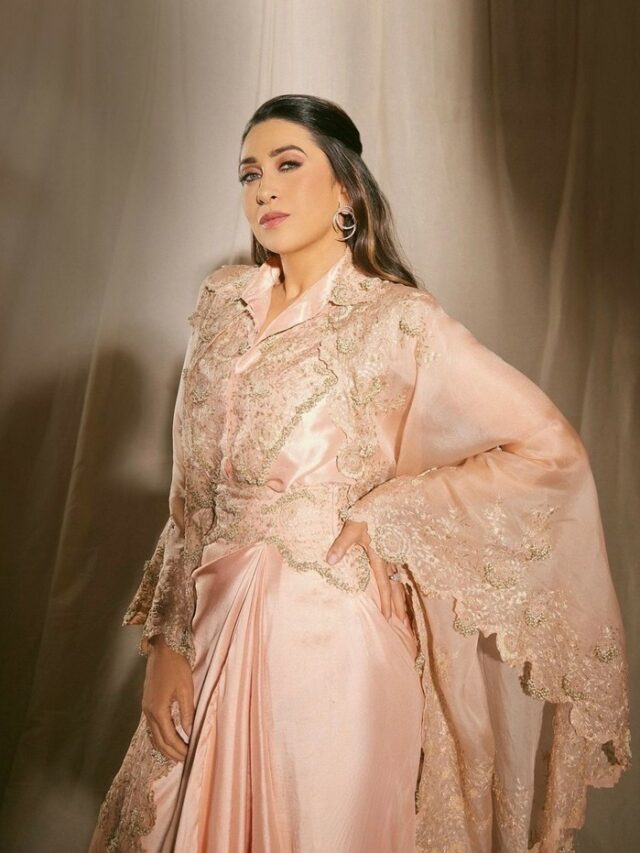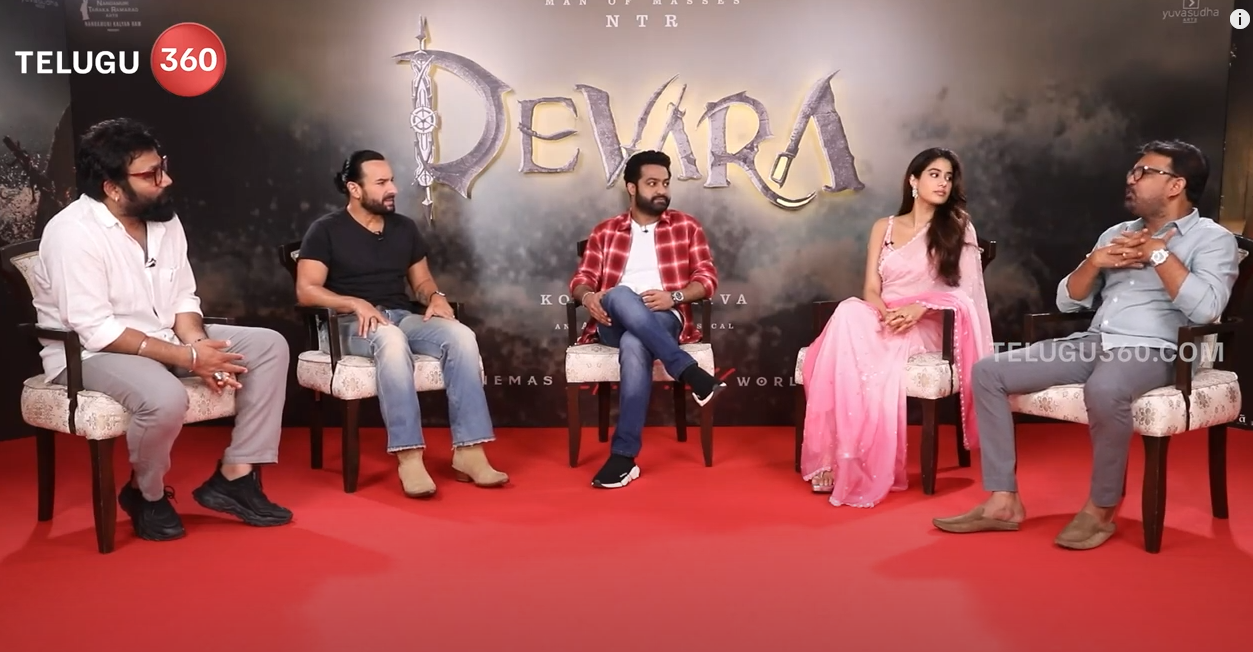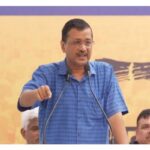In recent times, social media influencers have emerged as formidable players in Indian politics, wielding considerable power to shape public opinion and sway electoral outcomes. As the 2024 union elections loom large, political parties are ramping up their efforts to harness the influence of these digital tastemakers, recognizing their potential to mobilize voters and drive political discourse. However, the unchecked proliferation of paid political promotion among influencers raises pressing ethical concerns, threatening to undermine the integrity of the democratic process.
Who are these Social Media Influencers?
Social media influencers, through their social media platforms like youtube, Instagram, facebook etc engage with audiences on a wide array of topics, from lifestyle and fashion to social issues and, crucially, politics. These influencers come in various shapes and sizes, ranging from nano influencers with less than 10,000 followers, micro influencers with more than 10k but less than 1 lakh followers, macro influencers with up to 1 million followers and mega influencers boasting more than a million of devoted fans.
How Much are they Paid?
The compensation for social media influencers varies widely, with no fixed standard. Surprisingly, even some micro influencers are commanding substantial payments, with some earning as much as 50,000 INR per video or post in this election season. Other influences are offered lump sum amounts reaching into the lakhs, designed to cover a specific duration, often spanning around one to one and a half months in this season. In exchange for this compensation, influencers are expected to actively promote the sponsoring political party across all their social media platforms, participate in televised debates, and leverage any other available opportunities to sway voter opinions. Nano influencers are getting less pay ( to the tune of around 50k to 1 lakh for entire election season) but they are trying to build networks with the ad agencies and political parties.
Social media in Political Campaigns: BJP, BRS and many other parties
Gone are the days when parties relied solely on traditional media outlets to disseminate their messages. Now, they are strategically engaging influencers of all sizes to amplify their narratives and reach new audiences. Recent incidents shed light on the extent to which political parties are willing to co-opt influencers for their electoral gain.
Prime Minister Narendra Modi’s BJP, for instance, earlier orchestrated a grand gathering of 500 social media influencers to commemorate Modi’s nine years in office, underscoring their pivotal role in the party’s success. Similarly, the Rajasthan government’s initiative to allocate advertising funds to influencers with significant followings further illustrates the growing symbiosis between politics and social media. Reportedly BRS also had hired several influencers during the 2023 assembly elections.
The Ethical Quandary of Paid Political Promotion
However, the meteoric rise of paid political promotion among influencers has raised significant ethical red flags. Influencers, once heralded as independent voices, are increasingly succumbing to the allure of financial incentives from political parties and ad agencies. The lines between genuine advocacy and paid promotion have become increasingly blurred, casting a shadow over the authenticity of digital discourse. The practice of undisclosed paid promotion not only compromises the integrity of influencers but also erodes public trust in the democratic process.
In an era defined by the pervasive influence of social media, the role of influencers in shaping political discourse cannot be overstated. However, the unchecked proliferation of paid political promotion threatens to undermine the very foundations of democracy. Only through collective efforts to uphold ethical standards can the promise of digital democracy be fully realized.




